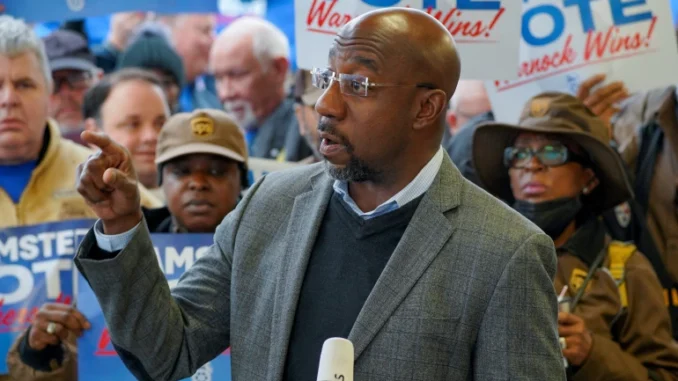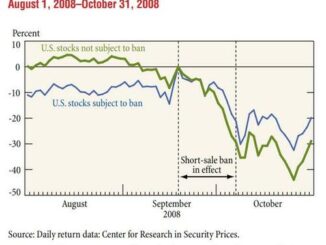
Polls have opened for the United States Senate runoff election in Georgia, a tight race that has drawn a record number of early voters.
On Tuesday, the Georgia electorate will decide whether to send incumbent Democrat Raphael Warnock or his Republican opponent Herschel Walker to Washington to be sworn in with the new Congress in early January.
Neither candidate managed to win a majority of the votes in last month’s midterm race, which brought the contest to a runoff.
November’s midterm elections saw the Democrats narrowly lose control of the House of Representatives, but they retained a slender majority in the Senate, with 50 seats plus the tie-breaking vote of Democratic Vice President Kamala Harris.
Still, the Georgia Senate race has significant implications for US politics. Senators are elected to six-year terms, so winning Georgia’s open seat would help either party well beyond the next Congress, which expires in 2025.
Raphael Warnock was first elected to the Senate in 2020 [Cheney Orr/Reuters]
Moreover, Democrats are looking to expand their control in the Senate so that they are less reliant on their most conservative members to pass legislation and confirm officials and judges.
For Republicans, it is a chance to bounce back from an underwhelming election performance in November. Republicans like former President Donald Trump had predicted a “red wave” that failed to materialise during the midterms, and the party only recaptured the House by a slim majority.
A victory for Walker, a Trump ally, will also offer a much-needed boost for the former president, who announced his 2024 presidential campaign last month in the wake of the faltering midterm results.
With stakes high, both parties have poured additional resources into the Georgia race. The nonprofit OpenSecrets, which tracks campaign spending, estimates that $380.7m have been spent on Georgia’s Senate contest as of November 29, making it the most expensive race in 2022.
Those efforts appear to be paying off, with a record number of voters casting their ballots early or voting absentee. More than 1.86 million people turned out before election day, representing 26.7 percent of registered voters in the state.
Warnock, a preacher, had edged out Walker, an American football legend, last month by less than one percent of the vote. But a third-party Libertarian candidate won 2.1 percent of the votes, ensuring that no candidate cleared the 50 percent mark needed for a first-round victory.
The race in Georgia, where President Joe Biden beat Trump by a razor-thin margin in 2020, has been one of the most closely watched contests in this election season.
Scandals and gaffes have raised questions about the electability of Walker, a staunch Trump supporter who has highlighted his Christian faith during his campaign.
Walker has been accused of paying for abortion procedures for two women he had relationships with, despite his support for a national ban on abortion. He has vehemently denied the allegations as a political attack. Leading US media outlets that reported the women’s claims have said that they were not able to verify their accounts.
Still, the former University of Georgia running back continues to enjoy the support of Republican leadership, and the Senate race remains close, according to public opinion polls.
A CNN poll last week showed Warnock with a four-point lead over Walker.
For his part, Warnock — who was elected in 2020 during a special election that also went to a runoff — has focused on his legislative work, including bipartisan efforts to secure federal funding for Georgia.
He has also highlighted his support for reproductive rights, in contrast with his opponent’s stance on abortion.
Warnock’s campaign has sought to play up Walker’s ties to Trump as well. One video ad shows Trump heaping praise on Walker, as two lines appear on the screen: “Stop Donald Trump. Stop Herschel Walker.”



